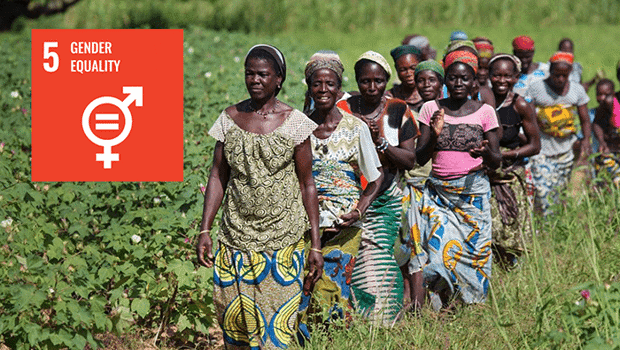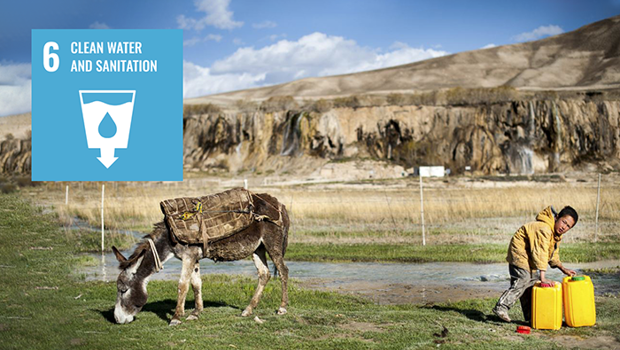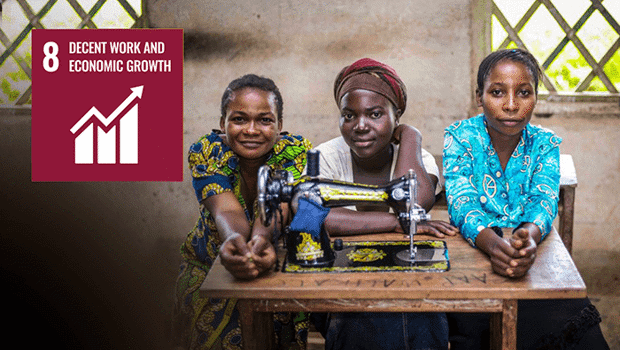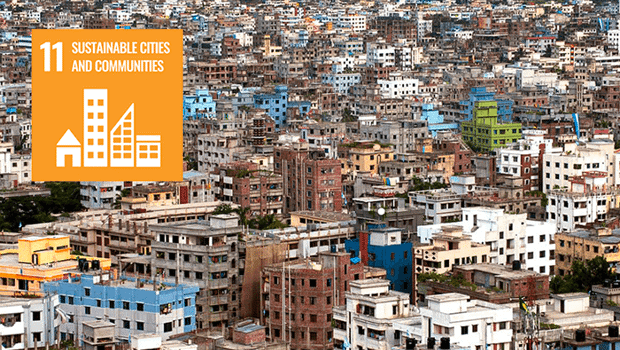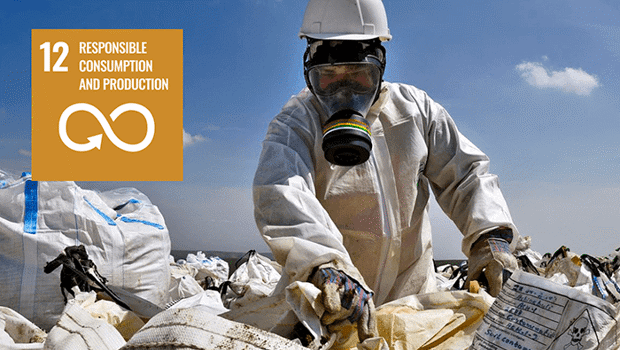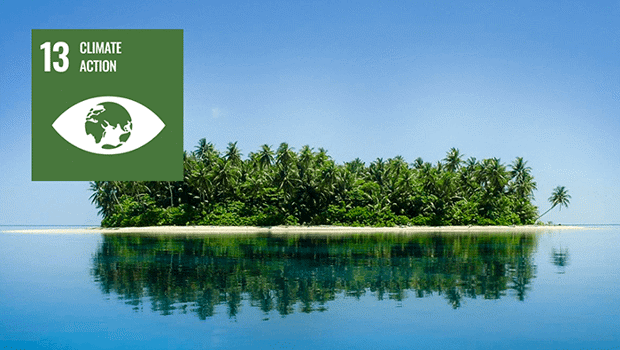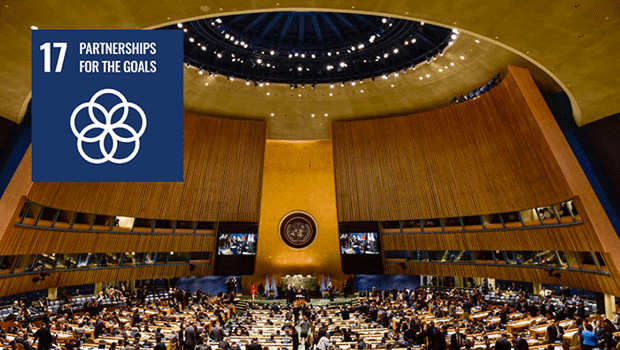
SDG 14
The sea is an important key in fighting climate change, as well as an absolutely essential part of the systems that make earth habitable for humans. The oceans will not disappear because of climate change, but what lives in it might and they are just as important. Few might know this, but oceans both bind carbon monoxide, as well as host algae that produces oxygen, essential systems that are now under threat due to ocean acidification.
There are seven targets:
- By 2025, prevent and significantly reduce marine pollution of all kinds, in particular from land-based activities, including marine debris and nutrient pollution
- By 2020, sustainably manage and protect marine and coastal ecosystems to avoid significant adverse impacts, including by strengthening their resilience, and take action for their restoration in order to achieve healthy and productive oceans
- Minimize and address the impacts of ocean acidification, including through enhanced scientific cooperation at all levels
- By 2020, effectively regulate harvesting and end overfishing, illegal, unreported and unregulated fishing and destructive fishing practices and implement science-based management plans, in order to restore fish stocks in the shortest time feasible, at least to levels that can produce maximum sustainable yield as determined by their biological characteristics
- By 2020, conserve at least 10% of coastal and marine areas, consistent with national and international law and based on the best available scientific information
- By 2020, prohibit certain forms of fisheries which to contribute to overcapacity and overfishing, eliminate subsidies that contribute to illegal, unreported and unregulated fishing and refrain from introducing new subsidies, recognizing that appropriate and effective special and differential treatment for developing and the least developed countries should be an integral part of the World Trade Organization fisheries subsidies negotiation
- Increase the economic benefits of to Small Island developing States and least developed countries from the sustainable use of marine resources, including through sustainable management of fisheries, aquaculture and tourism
What does it mean and what can we do?
It is clear that the UN takes these issues with utmost seriousness, considering that most deadlines lie in 2020 and not 2030, which is the norm. They target especially the fishing industry and encourage the Small Island Nations and less developed countries to take control of their waters (sustainably, of course). They want fishing to scale back considerably to allow fish populations to rest and to recoup their losses over the years. There is also mention of halting the progress of ocean acidification, but most of the focus lies on life under the surface.





